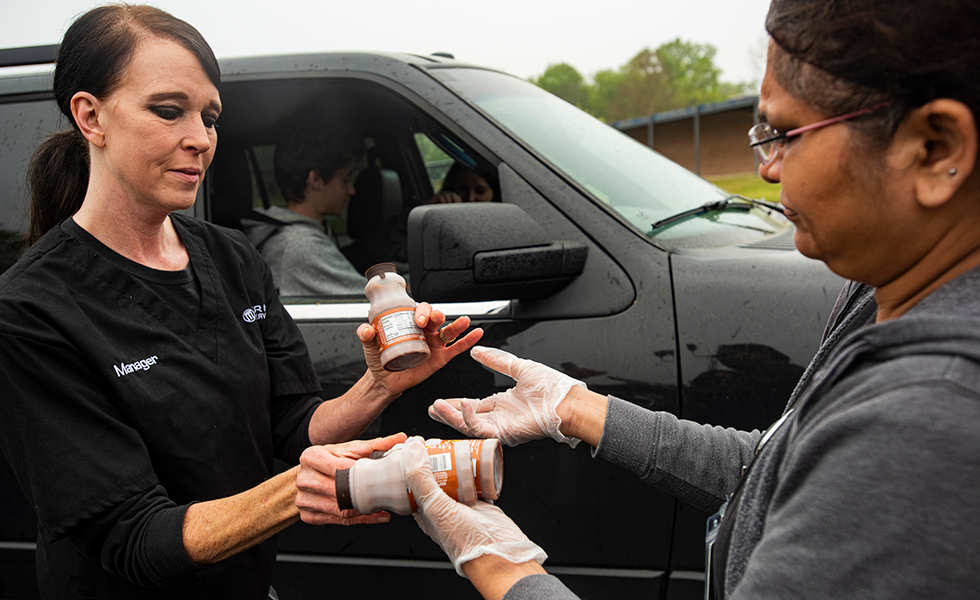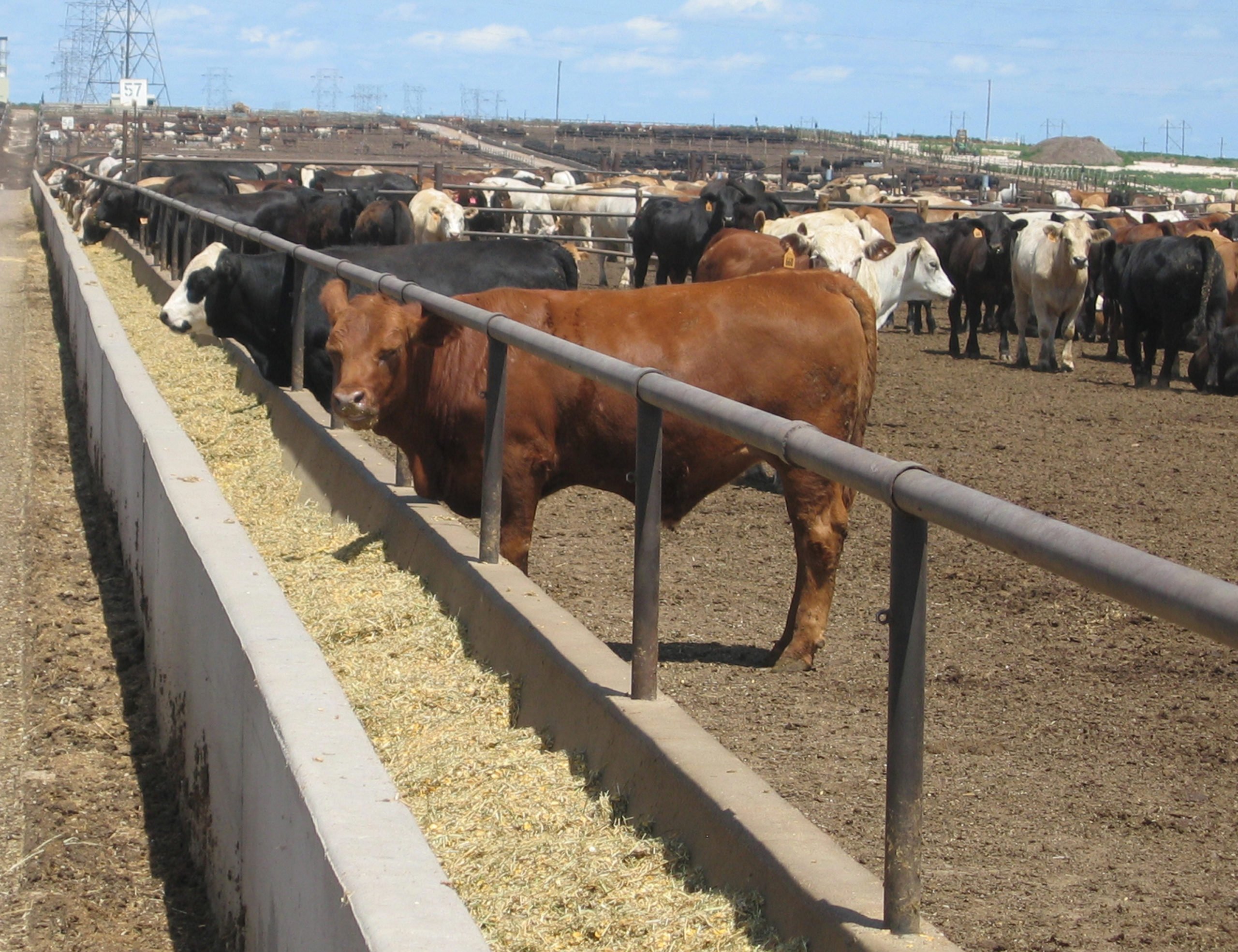
In Texas, Three More Measles Cases and Four New Anti-Vaccine Bills
“I am shocked,” said a vaccine advocate of a slew of new “scare tactic” bills filed amid an ongoing measles outbreak.

Since early March, Texas has confirmed three new measles cases amid an ongoing outbreak, and added several new anti-vaccine measures to the roster of bills filed this session. Texas has seen 11 cases of the disease so far this year, already surpassing the state total for any year since 2013. Across the country, there have been at least 228 cases in 12 states. The World Health Organization recently identified “vaccine hesitancy” as a growing international threat that “threatens to reverse progress made in tackling vaccine-preventable diseases.” Yet in the last two weeks, Texas lawmakers have proposed four measures that experts say spread misinformation and stoke fear about the safety and efficacy of vaccines.
“Overall, I am shocked at what is happening,” said Rekha Lakshmanan, director of advocacy and public policy at the Houston-based Immunization Partnership, who called the legislation a “scare tactic.” “It’s extremely irresponsible. In essence, those bills will weaken public health security, as I see it, by creating an environment where potentially more outbreaks can happen.”
Among the new Texas proposals is an “informed consent” bill filed by state Representative Bill Zedler, an outspoken anti-vaccine member of the House Public Health Committee. Zedler drew national attention after he downplayed the resurgence of measles, which he had as a child, telling the Observer last month, “Today, with antibiotics and that kind of stuff, they’re not dying [of measles] in America.” (Hundreds of Americans died of measles each year before the disease was considered eradicated in 2000, thanks in large part to the development of a vaccine. Also, antibiotics don’t treat measles, which is a virus.)

Zedler’s measure would require doctors to provide the “benefits and risks of immunization” and a list of ingredients for each vaccine — information that’s already public, but can be confusing without context. Zedler didn’t respond to a request for comment about the bill, but told the Observer last month that he is “adamantly opposed to people being forced” to vaccinate their kids. He argues that the ingredients have a “known hazard,” even though researchers have repeatedly found them to be safe. People “ought to have the freedom of conscience to avoid them or to not do the whole schedule, if they want to pick and choose,” he said, referring to the medically recommended timing for childhood vaccines. “You know, our bodies are not automobiles, where you change the oil every 3,000 miles and you’re good. We’re all different.”
A bill filed by state Senator Bob Hall, R-Edgewood, would ban vaccines that haven’t met criteria that Hall — a retired business owner — has determined the U.S. Food and Drug Administration should be using for approval. The bill also requires the state health department to post online a “disclosure of any known injuries or diseases caused by the vaccine” and that the vaccine be “evaluated for [its] potential to: cause cancer, mutate genes, affect fertility or cause infertility, and cause autism spectrum disorder.”
The bill is “dangerous” and a “misunderstanding of how science and clinical trials work,” Lakshmanan said. Any link to autism, first proposed in a now-retracted study, has been repeatedly debunked. “The insinuation of this legislation is that vaccines are not well-tested and not safe, which is erroneous, incorrect and misleading,” she said. Hall did not respond to a request for comment.
“It’s extremely irresponsible. In essence, those bills will weaken public health security.”
Also of top concern for immunization advocates are proposals to make it even easier to opt out of vaccine requirements, even as “conscience” exemptions have skyrocketed in Texas from about 2,300 in 2003 to nearly 53,000 in 2017. A bill filed by House Freedom Caucus member Jonathan Stickland, R-Bedford, would allow nurses to sign off on exemption forms rather than just doctors. Another, from state Representative Tony Tinderholt, would prohibit doctors from refusing to see patients who aren’t vaccinated. And one from caucus member Matt Krause would make it easier to submit vaccine exemptions, and prevent the state health department from tracking them. Health experts say this would prevent the state from preparing for potential disease outbreaks, as well as make it impossible for families of very young or immunocompromised kids to know which communities have low vaccination rates.


